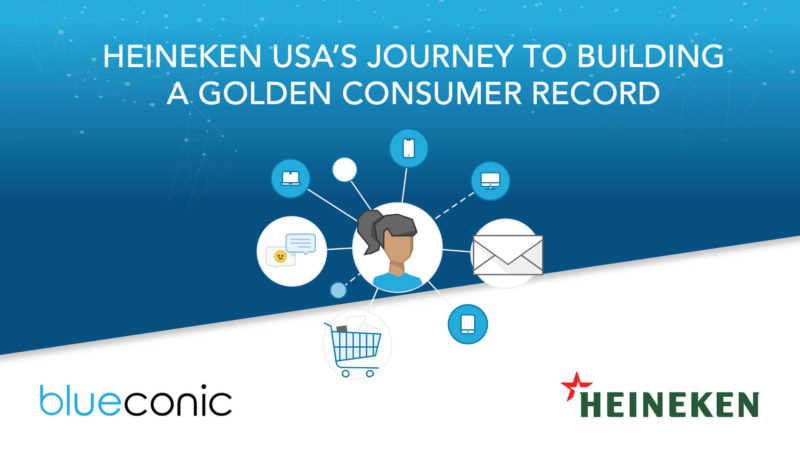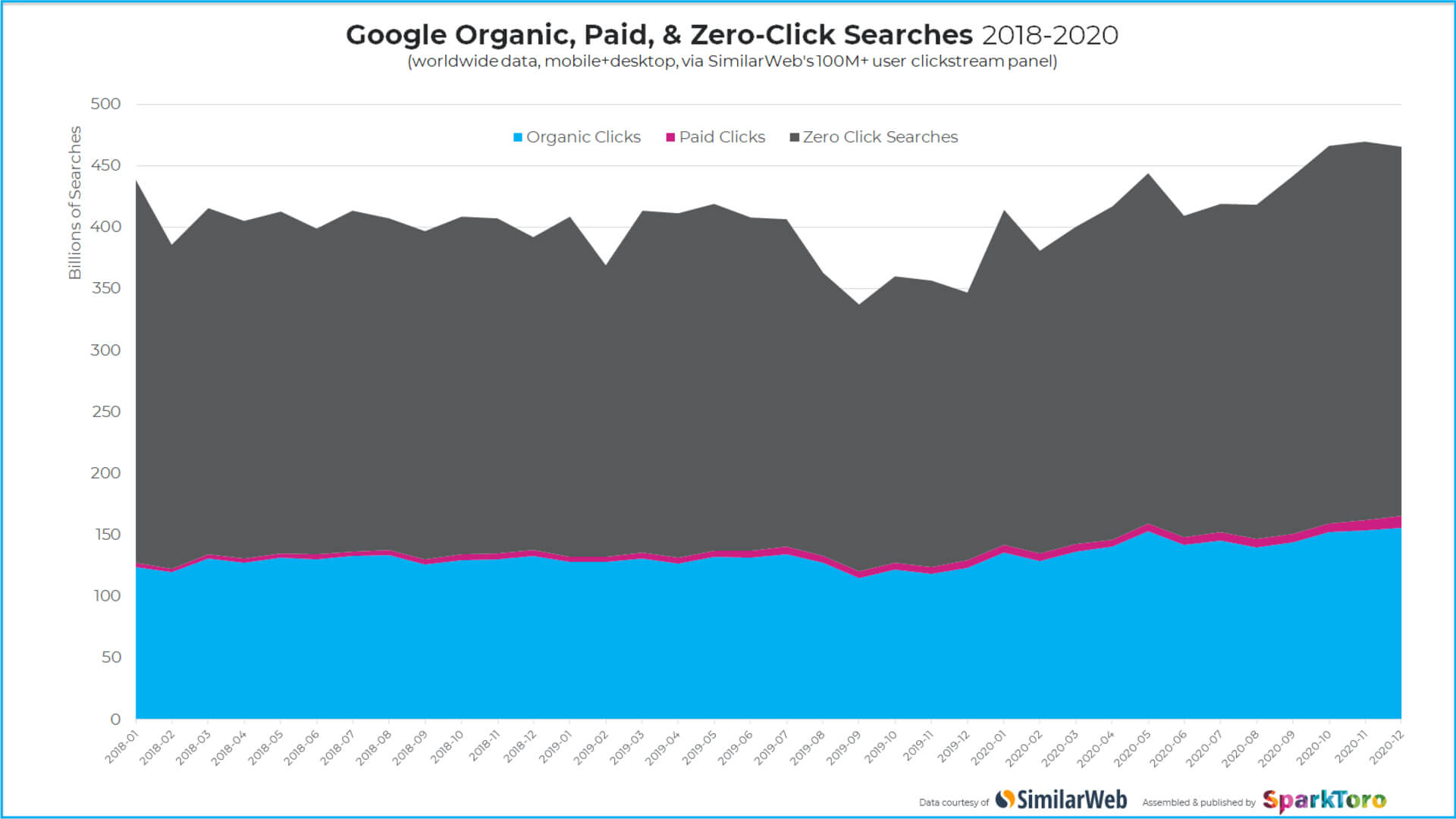
While third-party data’s downfall has been a hot topic for the last several years, the conversation spiked up again this month when Google announced it wouldn’t support alternative user-level identifiers once third-party cookies are blocked from its Chrome browser.
As these types of browser restrictions deepen – and privacy laws like GDPR and CCPA become more prominent – it’s becoming increasingly evident that companies must make the shift from third-party to first-party data if they want to bolster customer engagement and drive business growth.
This shift has proven to be even more urgent for consumer packaged goods (CPG) companies like Heineken USA. Like many CPGs, Heineken historically lacked access to first-party data because transactions happen at retailers, restaurants, bars, and/or entertainment venue. In other words, they stand between the brand and its customers, effectively limiting a direct relationship between the two. In fact, laws prohibit alcoholic beverage companies from selling directly to consumers.
To reduce its reliance on third-party data and enable 1:1 customer relationships, the company launched a first-party data strategy to gain new insights and engage consumers in new and innovative ways that are both privacy compliant and offer value. As Heineken’s director of consumer data strategy Rebekah Kennedy noted during a recent session at the MarTech conference, adopting the customer data platform BlueConic has been core to its successful consumer engagement transformation.
Building actionable ‘golden consumer records’
To bring data into their own hands, Kennedy and the team at Heineken set down the path of building “golden consumer records” for each of their three brands – Heineken, Tecate, and Dos Equis. Using BlueConic to collect data from online and offline sources, the company unified its data into individual-level profiles that were then tiered into bronze, silver, and gold. “Golden records” represent consumers that Heineken can develop a direct relationship with through marketing.
The unified profile data comes from Heineken’s interactions with consumers through various online touchpoints such as sweepstakes, virtual events, website visits, and partner retailers (e.g., delivery apps, etc.), as well as offline touchpoints like sponsored sporting events and music festivals. For example, Heineken plans to use the wristband data collected from visitors to its sponsored tent at one of the nation’s largest music festivals to re-engage them by offering tickets for other types of events they might be interested in – creating a value exchange with consumers.
Activating DTC marketing programs based on a unified customer view
With access to unified customer profile data in BlueConic, Kennedy and her team now have the flexibility to activate that data when and where they need it with both confidence and utility. For example, the company has been able to:
- Replace DMP segmentation with reliable, multi-dimensional segmentation: Historically, Heineken relied on DMP-based segments, which didn’t provide insight into who their customers were or enable them to weave ad experiences into cohesive consumer journeys. Additionally, because DMPs rely heavily on third-party cookies, it became critical for Heineken to replace its DMP-based segments with a more sustainable solution. With BlueConic, Heineken can build multi-dimensional segments for use across channels based on consumer interests, behaviors, demographics, marketing consent, and more.
- Using segments originating from BlueConic data is “much more reliable than DMP segments,” says Kennedy. “For the first time ever, we can use Heineken’s owned segments instead of relying on third-party data. With that data in hand, we can design robust, personal journeys for our various audiences.”
- Optimize for media efficiency: Because Heineken doesn’t host the transactions associated with purchases of its products, it has been difficult for their media team to know how to optimize ad campaigns beyond clicks and web visits. With BlueConic in place, the Heineken media team now has insight into how many profiles include a “product added to cart” after clicking an ad. Additionally, they can build lookalike audiences based on their own first-party data to further refine ad targeting to consumers that are more likely to convert.
- Mitigate consumer data risk while gaining new insights: Historically, Heineken relied on an external agency to collect consumer data on its behalf, resulting in both long lead times to get data into Heineken’s hands, and risk when it came to resolving identities safely. With BlueConic, Heineken set up a process whereby data from these external agencies is unified with other profile data in BlueConic and then deleted on the external agency end. This enables Heineken to gain new consumer insights more quickly and mitigate consumer data risk by centralizing consent management in BlueConic. Now, Heineken can easily go into one environment and delete consumer data when requests come in under CCPA.
Proven Results and New Programs
In a single year, Heineken created millions of golden consumer records. Additionally, they see improved media efficiency when comparing key performance metrics before and after BlueConic was implemented.
They’re also able to add new channels and programs to their marketing mix that weren’t possible before. For example, Kennedy noted that Heineken would be launching an email marketing pilot in 2021 using data, segments, and insights from BlueConic to continue to develop a direct relationship with consumers. “Building 1:1 relationships with consumers seemed like a pipedream at the time, but with BlueConic, we’re going to enable our email marketing pilot this year,” she said. “It is very exciting!”



